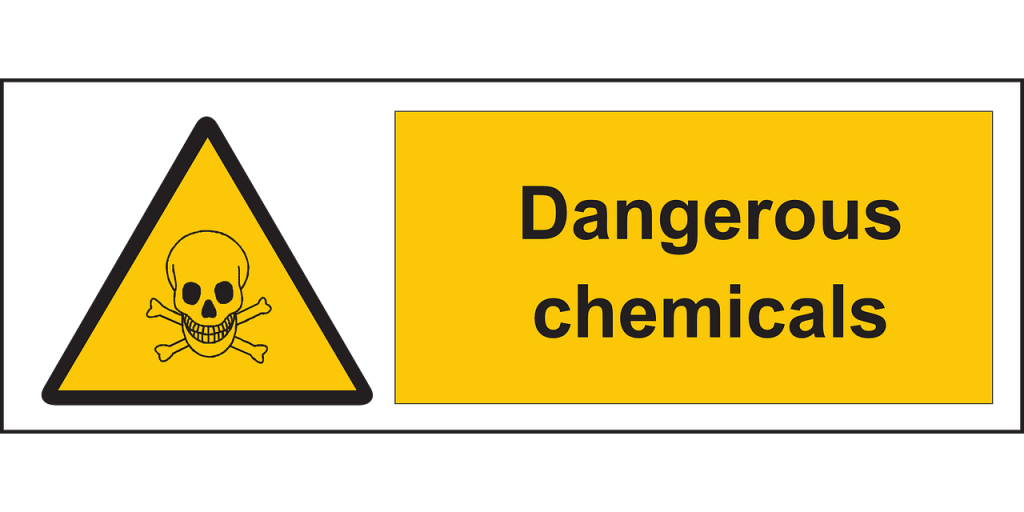Introduction
Caustic soda, a potent chemical compound utilized across various industries, harbors significant health risks associated with its corrosive properties. Exposure to caustic soda can lead to severe and immediate injuries, ranging from skin burns to respiratory complications. Furthermore, long-term exposure may pose enduring health hazards, including potential carcinogenic effects and organ damage.

Caustic soda, chemically known as sodium hydroxide, is a highly alkaline substance capable of causing rapid and extensive tissue damage upon contact. Its corrosive nature stems from its ability to react with proteins and lipids present in biological tissues, resulting in severe chemical burns upon exposure. When caustic soda comes into contact with the skin or mucous membranes, it can cause immediate pain, redness, and blistering, often necessitating prompt medical attention.

Corrosive Effects
In addition to its corrosive effects on external tissues, inhalation or ingestion of caustic soda can lead to serious respiratory and gastrointestinal injuries. Inhalation of caustic soda fumes or aerosols can cause irritation and inflammation of the respiratory tract, leading to symptoms such as coughing, shortness of breath, and chest tightness. Similarly, ingestion of caustic soda can result in severe damage to the esophagus, stomach, and digestive tract, potentially leading to life-threatening complications such as perforation and internal bleeding.
Moreover, the long-term health effects of caustic soda exposure extend beyond acute injuries, raising concerns about its potential carcinogenic and systemic effects. While research on the carcinogenicity of caustic soda in humans is limited, studies in animals have suggested a possible association between prolonged exposure to caustic soda and an increased risk of certain cancers, particularly of the esophagus and stomach. Furthermore, chronic exposure to caustic soda fumes or dust may lead to respiratory conditions such as chronic bronchitis and pulmonary fibrosis, impairing lung function and reducing overall respiratory health.

Long Term Effects
Aside from its carcinogenic potential, long-term exposure to caustic soda may also pose risks of systemic toxicity and organ damage. The absorption of caustic soda through the skin or mucous membranes can lead to systemic toxicity, affecting various organs and bodily systems. Chronic exposure to caustic soda has been associated with adverse effects on the liver, kidneys, and cardiovascular system, potentially leading to organ dysfunction and cardiovascular diseases.
Furthermore, occupational exposure to caustic soda in industrial settings poses heightened risks to workers, who may be exposed to higher concentrations of the compound over extended periods. Workers employed in industries such as chemical manufacturing, metal processing, and cleaning services are particularly vulnerable to caustic soda exposure and may face increased risks of acute and chronic health effects. Occupational safety measures, including personal protective equipment (PPE), engineering controls, and regular monitoring of exposure levels, are essential for safeguarding the health and well-being of workers in high-risk environments.
Conclusion
In conclusion, the health risks associated with exposure to caustic soda are significant and multifaceted, encompassing both immediate and long-term hazards. From its corrosive properties capable of causing severe tissue damage to its potential carcinogenic and systemic effects, caustic soda poses considerable risks to human health. By understanding these risks and implementing appropriate safety measures, we can mitigate the adverse health effects of caustic soda exposure and protect the well-being of individuals and communities.









